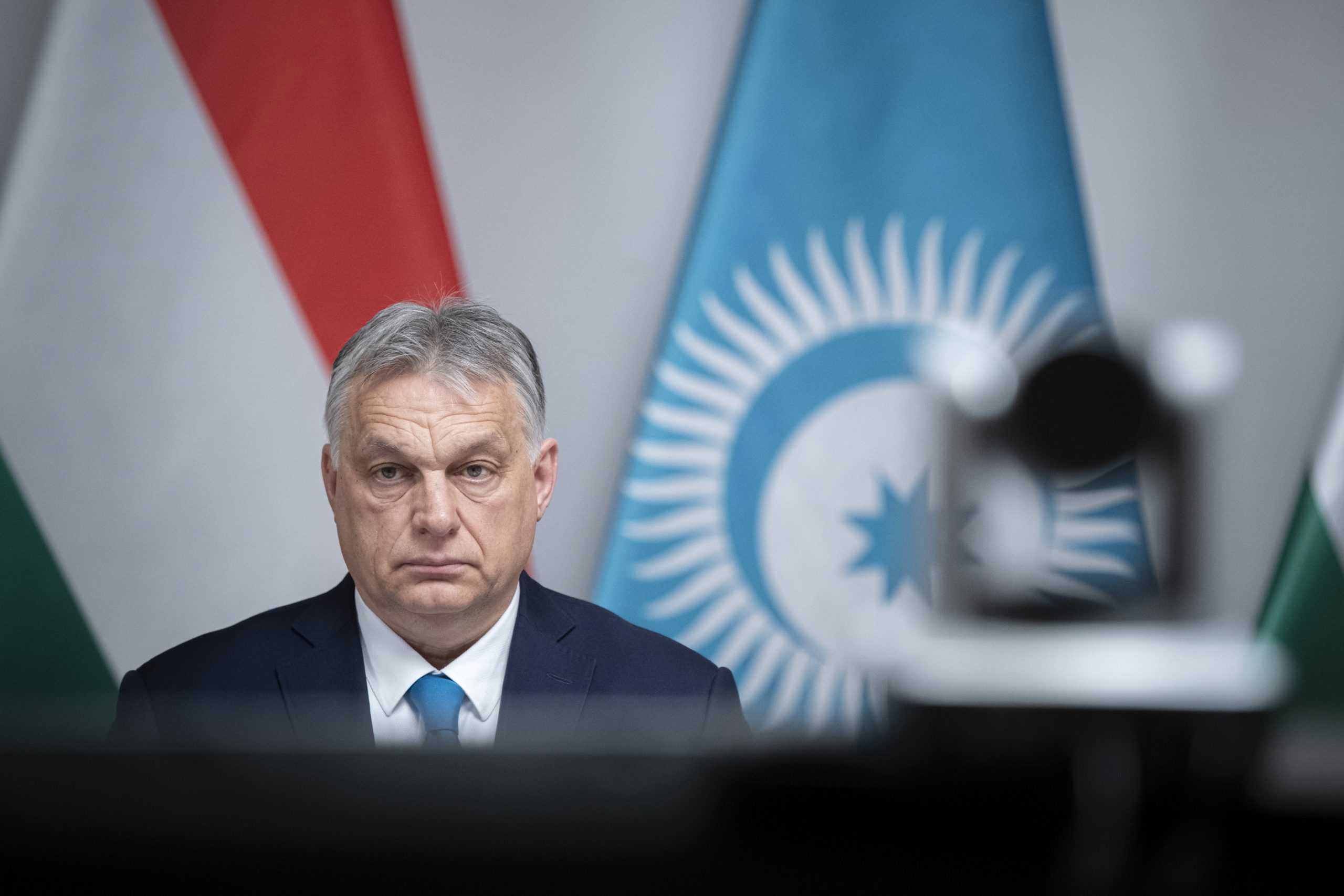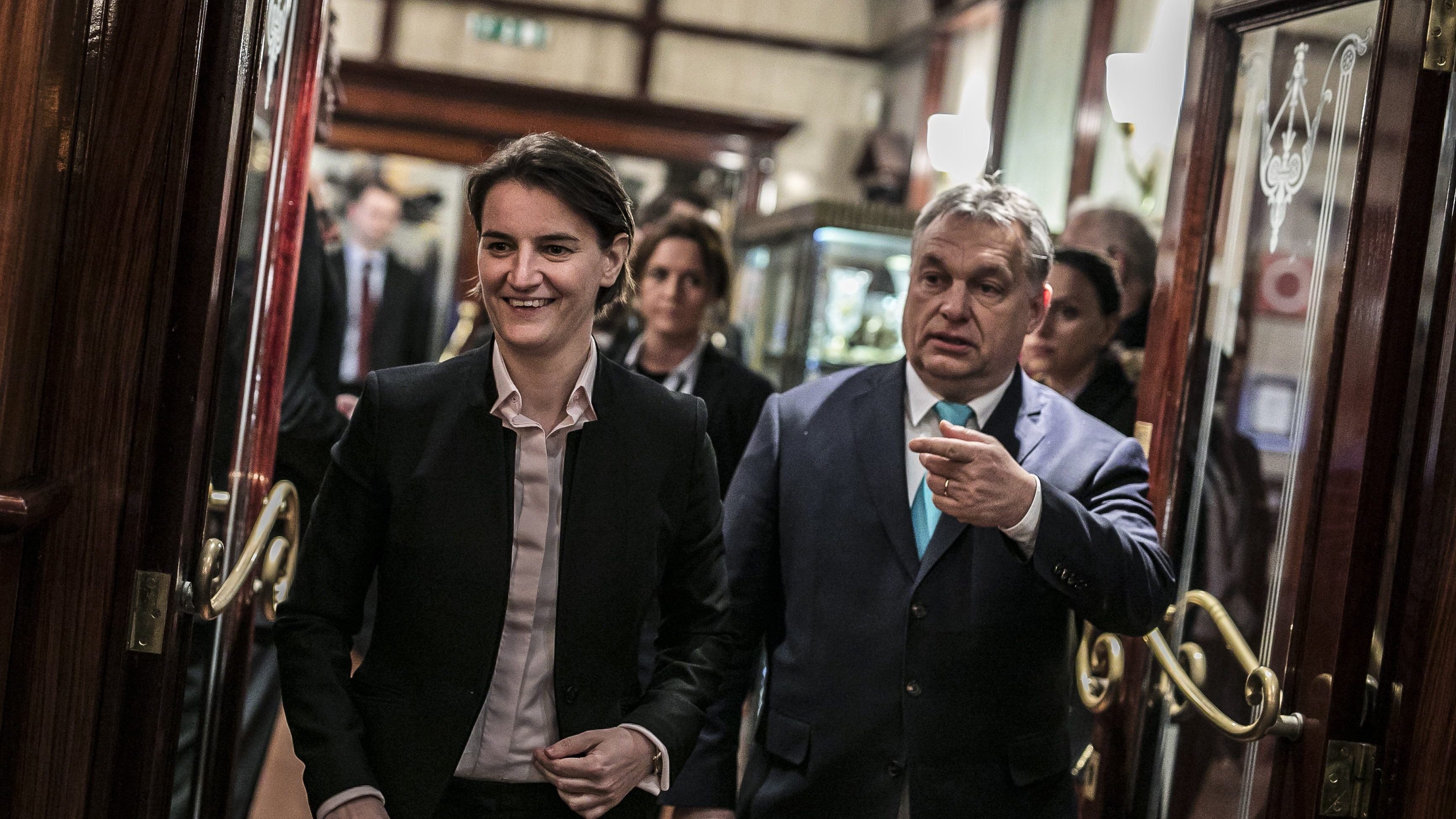
The Prime Minister recalled that the Turkic Council had admitted Hungary as an observer three years ago, and since then Hungarian diplomacy had placed much emphasis on strengthening relations with Member States of the organisation.
One of Hungary’s main objectives was to raise relations with all countries of the Turkic Council to the level of strategic cooperation, and to establish representations in the territory of each. On Tuesday, this process was brought to a successful conclusion with the signing of a joint declaration in Uzbekistan about the elevation of bilateral relations to the level of strategic partnership and the recent opening of a Hungarian embassy in Kyrgyzstan, he said.
This cooperation already has tangible results: while the volume of global trade has fallen by 9 per cent, Hungary’s trade with Member States of the Turkic Council increased by 3 per cent last year. As many as five thousand young people from these countries applied for university scholarships in Hungary, the Prime Minister pointed out.
Mr Orbán highlighted that Hungary continues to maintain its intention to join the Turkic Council Investment Fund because it believes it is essential to create sound financial foundations for the planned development projects, and to this end it is also ready to make fiscal resources available.
Mr Orbán also said within the European Union Hungary alone had proved to be sufficiently pragmatic to also deploy vaccines originating from Eastern countries, in addition to vaccines developed by Western countries, in the fight against the coronavirus epidemic.
In contrast to Hungary, other EU Member States are driven by ideological considerations, and it is based on these that they reject the Chinese and Russian vaccines, the Prime Minister said.
According to a video sent to the Hungarian news agency MTI, Mr Orbán attended the summit sitting in front of the flags of Hungary and the Turkic Council in the Carmelite Monastery.
The meeting of the Turkic Council was originally going to be held in Turkistan, in the South of Kazakhstan; however, due to the pandemic situation, the organisers eventually decided to hold the summit in the form of a video conference.


